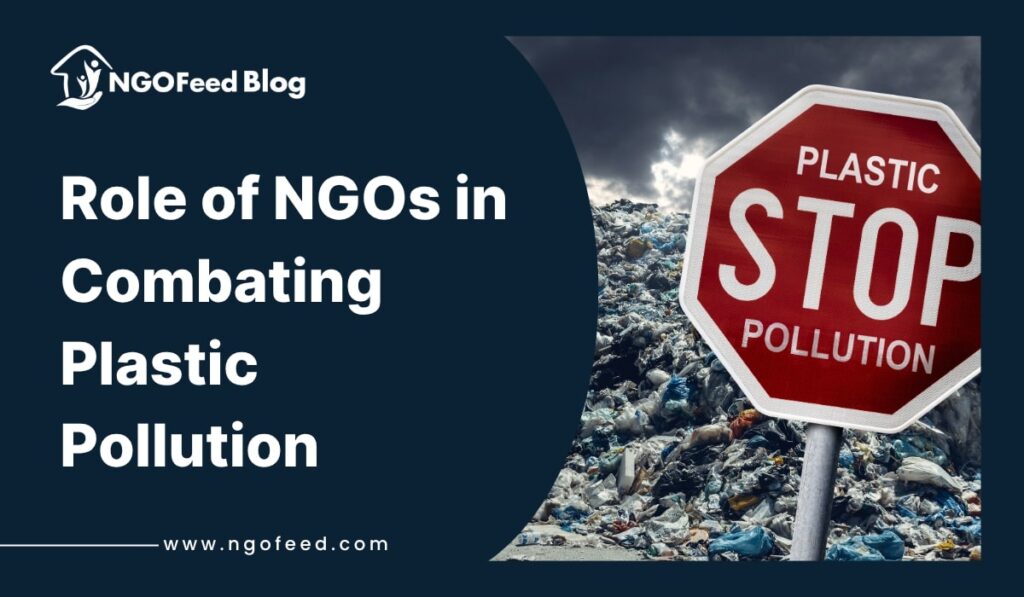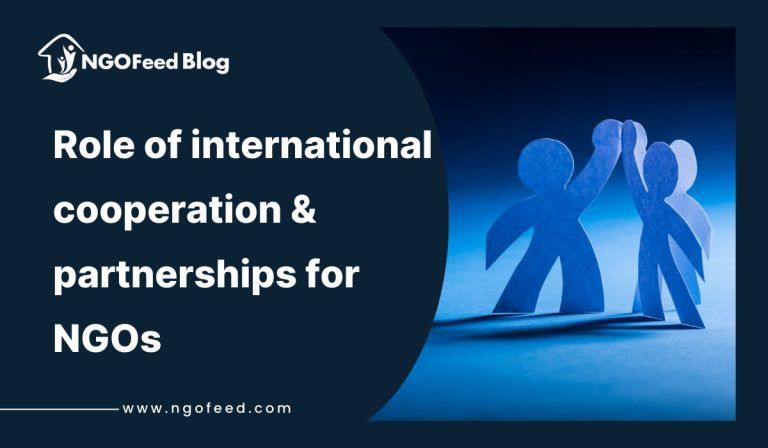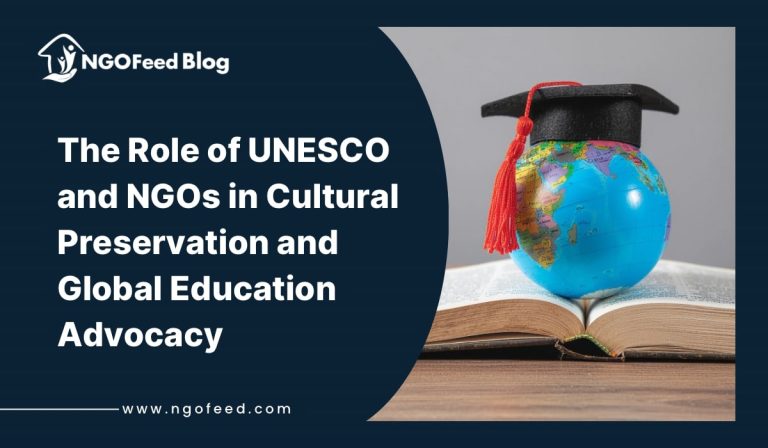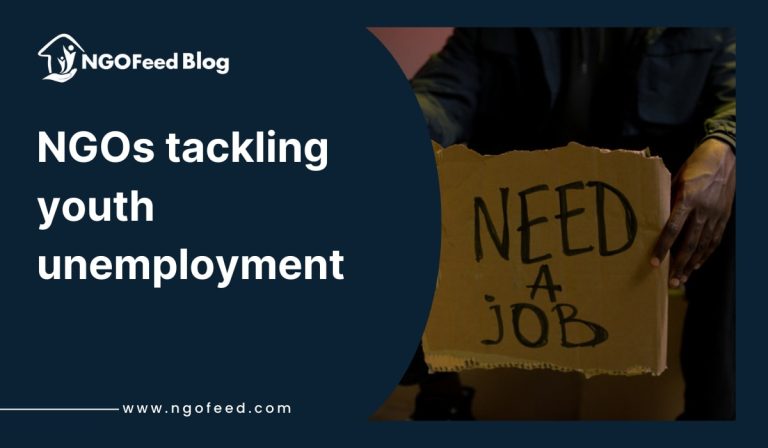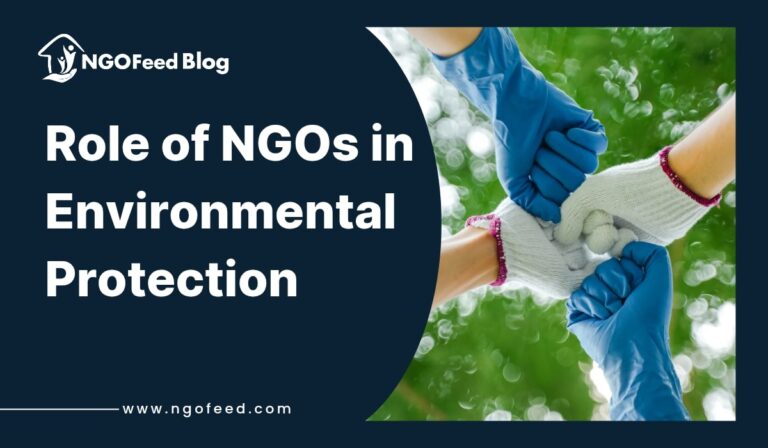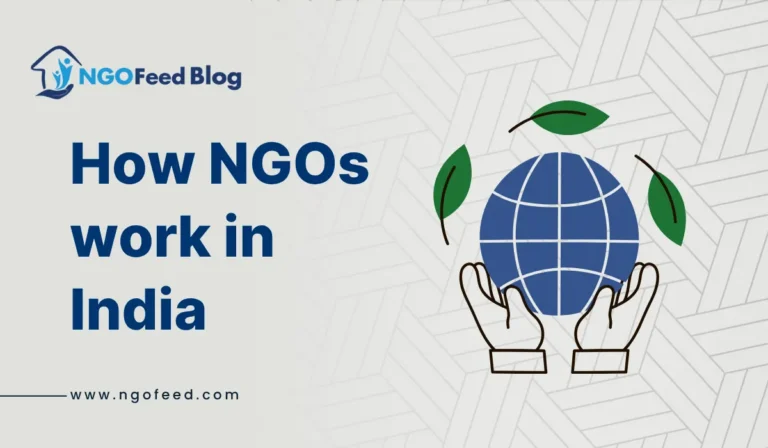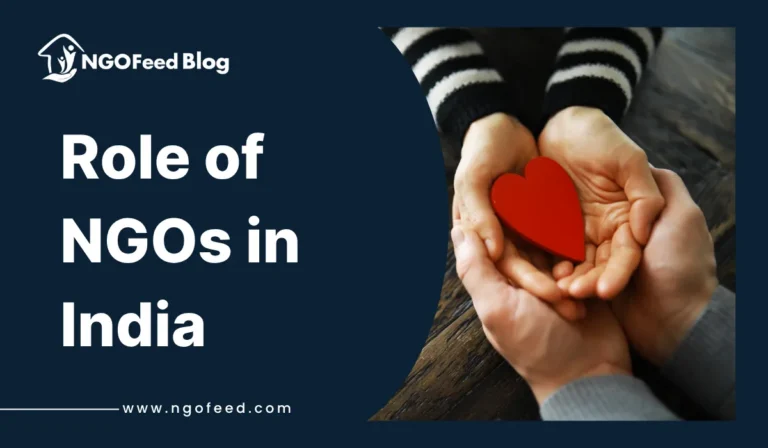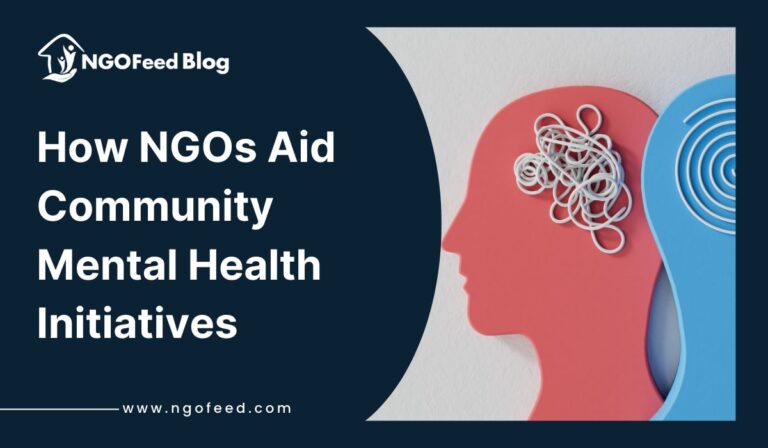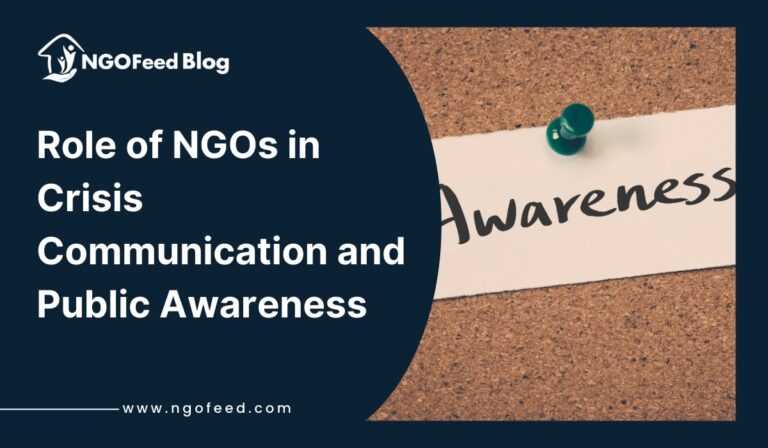Role of NGOs in Combating Plastic Pollution: The problem of plastic pollution has become one of the most burning environmental problems of our day. Of the 400 mil tonnes of plastic produced annually in the world, with a considerable percentage of the waste being diverted into landfills, the oceans and the natural ecosystems, the crisis poses a major form of danger to biodiversity, human wellbeing, and climate.
The extensive application and mismanagement of plastic waste are leading to irreversible including the consumption of microplastics by marine life through up to contamination of the soil and water. Against this challenge, the role of non-governmental organisations (NGOs) needs to be explored because they have emerged in recent years as effective agents of change and as agents of awareness creation, change of policy, and creation of the grassroots movement against plastic pollution.
Using the model of local, national, and global spheres of operation, NGOs in India pursue the plastic issue. They organise educational campaigns that help communities not to consume plastic so much, but also favour sustainable substitutes and demand business accountability and stricter laws. NGOs also run major clean-up campaigns, lay waste segregation and recycling programs, and join hands with governments and industries to develop circular economies.
Also Read: Role of IMF in Indian Economy
No other actor could fulfil their roles in community mobilisation, including the underserved communities and the development of scientific and policy know-how, when it comes to combating plastic pollution.
When the world is progressing to reach the Sustainable Development Goals (SDGs), especially the SDG 12 (Responsible Consumption and Production), SDG 14 (Life Below Water), the role of NGOs is to be even greater. Through close efforts to bridge the gap between policy and practice, and by giving a voice to the most affected groups by pollution, NGOs are tackling the clean-up of the planet not only, but also creating a new and more sustainable act just future.
Table of Contents
Understanding the Plastic Pollution Crisis
The problem of plastic pollution is an international threat to the environment, living species, and human health, which is increasing. As the quantity of plastic stuff created soars by thousands of per cent since the 1950s, the world produces more than 400 million tonnes annually of plastic, with half of them being one-time only usage. Regrettably, not all of such resulting wastes are recycled acceptably.
Also Read: NGO Challenges Constitutional Validity of Waqf Bill
The other ends up in the landfills, rivers, as well as oceans, whereby it takes a lot of years to decompose. The marine animals think that the plastic is food and end up eating and dying from blockage. Land is another form of contact where microplastics introduced into the soil and water enter the food chain and may, therefore, have health effects on the human population.
The pollution of plastics is not only a problem that touches the environment, but also a social and economic one. Poor waste management and disposal in most developing nations contribute to open dumping and burning of plastic waste, with the low-income groups being the most affected. Health-related effects involve lung complications, waterborne infections and chemical exposure. Moreover, polluted environments affect tourism, fisheries as well and agriculture.
Plastic pollution must be defeated systemically: littering the production, alternatives, handling garbage properly, and educating people about its harmfulness. Although the role of governments and industries cannot be underestimated, the contribution of civil society cannot be overemphasised. Here, NGOs come in not only as implementers, which is to complete the gaps, but also as accountability in terms of the stakeholders. They intervene in community education to policy advocacy, and management innovations in waste. The comprehensive plastic pollution crisis can be resolved by studying its magnitude and complexity first. NGOs assist in making this understanding a reality so that environmental issues continue to be on the global map.
Also Read: Role of NGOs in Slum Development
How NGOs Drive Awareness and Behavioural Change
Potentially, a very effective asset of NGOs in the fight against plastic pollution is the aspect of changing perception and behaviour among the population.
Role of NGOs in Combating Plastic Pollution
Sensitisation and education are the key to developing a sustainable culture, and NGOs are most adept at devising easy-to-realise campaigns that lead ordinary people in society to sympathise and associate with a cause. NGOs are also working toward inculcating the spirit of responsibility in people so that they can use less plastic in their lives. NGOs are doing this via workshops, school programs, online campaigns, and even public demonstrations.
NGOs refer to real-life data and storytelling in order to publicise the effects of plastic on the health of people, marine life, and the environment. Such campaigns as the “Beat Plastic Pollution” or the one targeting the month of July to go plastic-free have gathered enormous amounts of audience all over the globe- in fact, much of the reason behind the inspiring successes of such campaigns are due to the organization done by the NGOs of mobilizing the population to participate in challenges, beach cleans, and living without plastic. Such efforts do not merely inform, but stimulate changes in lifestyles as well, i.e., using reusable bags and bottles, avoiding single-use plastic, and recycling.
Also Read: Empowering Women-Led NGOs: The Rise of Female Changemakers
Moreover, NGOs also look at schools and young people’s groups to mould them into being environmentally friendly early. They create educational tools and game-like activities, which are interesting and educational, helping to instil in the new generation the ideas of sustainability champions. NGOs even consult people who can influence and local leaders who can spread the word to wider groups of the population.
Importantly, NGOs are improving the integration between knowledge and action. A lot of individuals are familiar with the problem of plastic pollution, but lack the information on how to act. NGOs can help bring sustainability closer by offering practical advice, resources, and solutions to people in the neighbourhoods. Through this, they can influence the minds of the masses and transform their thinking attitude, as far as not being complacent, but as far as doing something about plastic pollution, so that grassroots community action against plastic pollution becomes a collective responsibility.
NGO-Led Initiatives: Cleanup Drives, Recycling, and Policy Influence
There have been numerous effective initiatives taken by NGOs all over the world to fight the problem of plastic pollution. Undoubtedly, one of the most effective and open movements is that of carrying out clean-up drives. It can be along beaches, by riversides, in urban neighbourhoods, or even forest paths, but the plastic waste in nature is something NGOs can get their hands on. Such clean-ups work in two ways: one is to bring back beauty in nature, and the other is to create awareness of the seriousness of the pollution menace.
Also Read: Role of NGOs in Dalit Upliftment
In addition to clean-ups, NGOs have engaged themselves greatly in the segregation and recycling of waste. They collaborate with local governments a lot in establishing effective waste management facilities, particularly in underserved locations where the government does not provide any infrastructure. The initiatives include awareness raising in the field of separation of dry and wet waste, encouragement to compost, and making sure that plastic waste is collected and recycled in a proper way. Where feasible, NGOs operate recycling facilities or even partner with recycling firms to develop a waste management system (in the form of a circular economy) for plastic products.
Another important field in which NGOs have contributed enormously is that of policy advocacy. They do research, publish reports, and are involved in policy discussions to enforce more environmental laws. As an example, NGOs have taken a central position in lobbying plastic bans, extended producer responsibility (EPR) and tighter packaging standards. They have also worked to change national policies in all countries, such as India, Kenya, and the Philippines, that have, in part or in full, banned single-use plastics.
Also Read: Role of NGOs in Influencing Government Policies
NGOs contribute to innovation as well by funding small companies and community organisations that create environmentally friendly substitutes for plastic. They promote scalable and sustainable models by displaying success stories as well as local solutions. In various ways, NGOs can help clean up the environment and change the system itself, both locally and nationally, as they target the source of the plastic pollution.
Collaborating for Change: NGOs, Governments, and the Private Sector
The only way to deal with the plastic pollution problem is to have everyone in society on board to help fight this menace. The role of NGOs in this partnership is at the forefront because they are facilitators and watchdogs as well as bridge-builders amid governments, privately owned companies and citizens. They have the flexibility to work and innovate in a way that is possible because they are less bureaucratic and community-oriented.
Also Read: Role of NGOs in Cancer Care
NGOs coordinate with the governments in order to implement policies on the management of plastic waste in practice. They help conduct mass publicity, train the sanitation personnel, guide laws on plastic violations and collect ground-level data to guide change in policies. NGOs can also be instrumental in assisting the governments to involve people in their sustainability projects, something that cannot be easily achieved when it is dictated by the government.
In the case of the private sphere, NGOs hold businesses responsible for the footprints they make in terms of plastic, and they motivate these businesses to operate sustainably. Brands also work with many NGOs in order to minimise waste packaging, use biodegradable products, and introduce the Extended Producer Responsibility (EPR) systems. Specific groups of organisations even certify or acknowledge those companies which are genuinely striving to reduce plastic pollution in order to give additional incentives to other businesspeople.
Also Read: Role of NGO in Women’s Rights in India
NGOs have developed multi-stakeholder platforms on which dialogue, innovation, and commitment can be built. These platforms allow the exchange of best practices and collaborative solution creation through workshops and roundtables, as well as joint efforts.
Also Read: Role of NGOs in Economic Development
Finally, NGOs are sufficiently robust because they can operate in virtually all quarters with a high ethical standing and communal orientation. And together they make sure that this movement against plastic pollution is united and not divided, it is jointly driven by the common causes and can survive due to the contributions made by people of various backgrounds. Uniting all people in the battle against plastic waste, NGOs increase their chances of winning and make the world a cleaner and more sustainable place.

